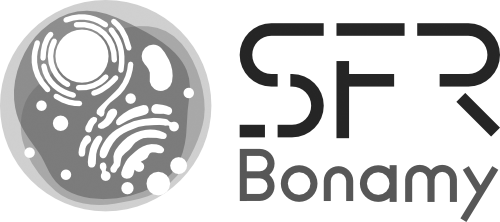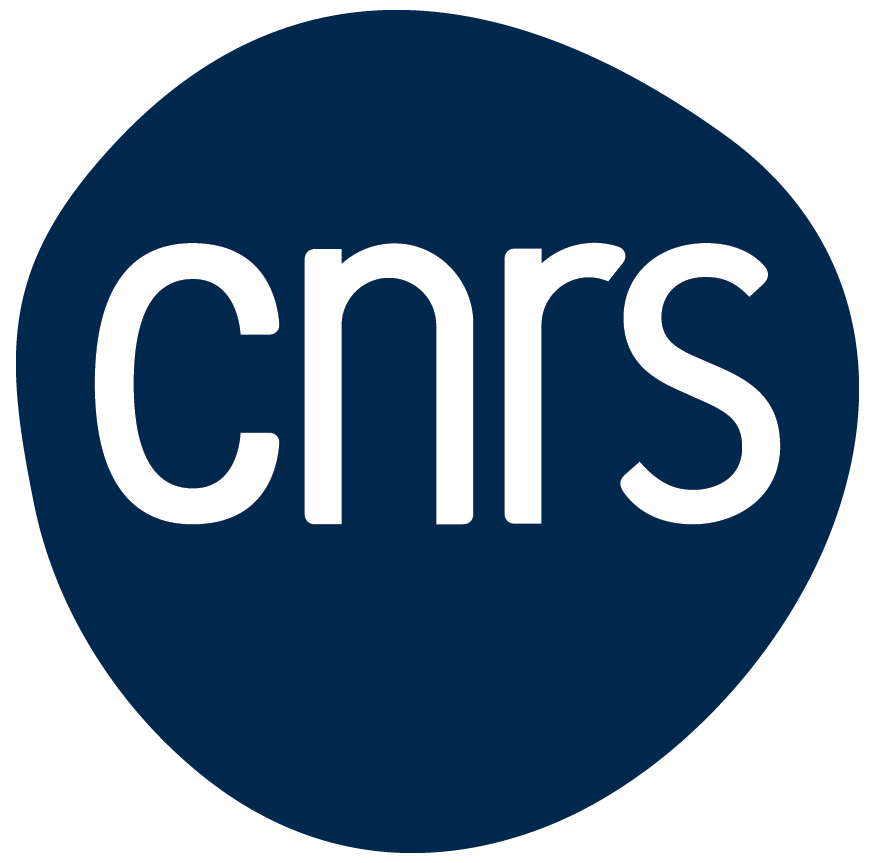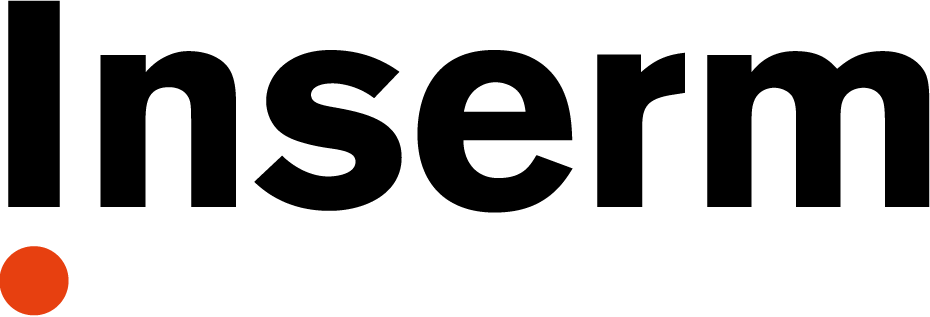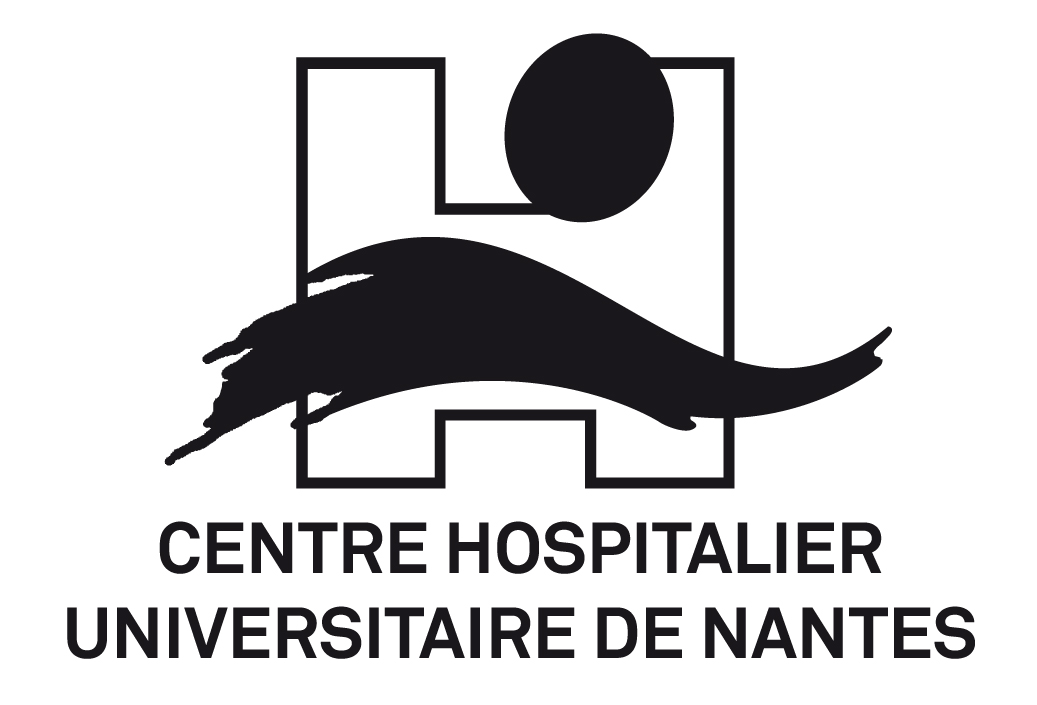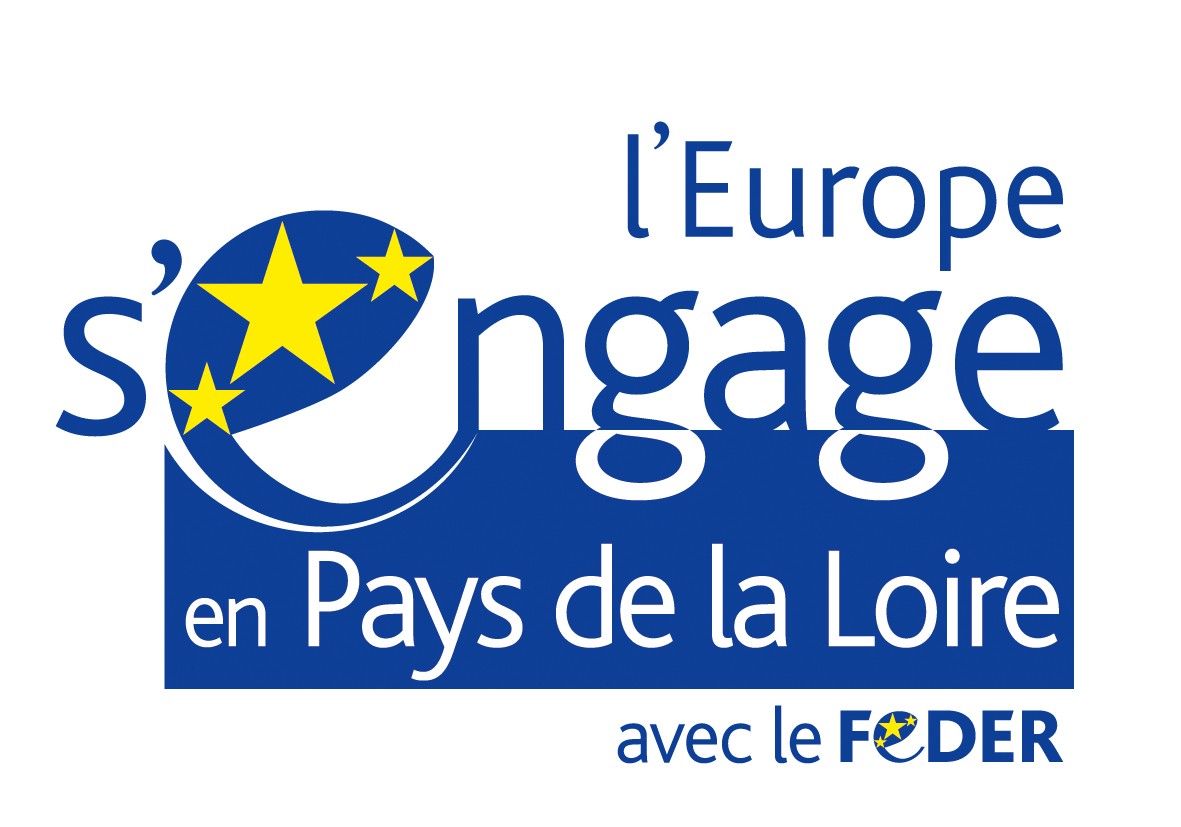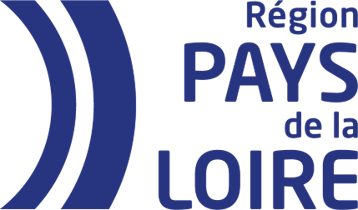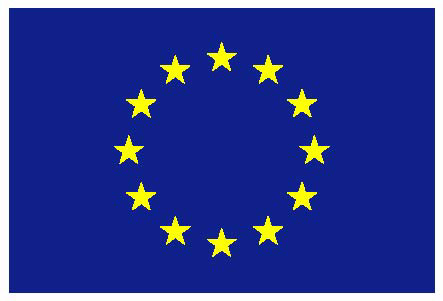iPSC core facility

Since November 2018, the DTC (specialized in transfer to the clinic) and iPSC (specialized in stem cells) core facilities have been merged and occupy common premises on the 6th floor of the IRS-UN.
Know how
The core facility provides expertise in two main areas :
1/ adaptation to “bench” protocols into GP-compliant protocols
2/ pluripotent stem cells
Cell therapy protocols must guarantee rigorous criteria regarding the definition and quality of cell products. Indeed, clinical quality productions require strict culture conditions with the use of reagents of good manufacturing practices (GMP) (culture media, cytokines, ...), in a controlled environment and according to a validated and well defined production process. These criteria refer to specifications which are not generally taken into account by the experimental studies. Thus, we can assist you in the transfer of research protocols in cell therapy to clinical applications. Thanks to knowledge in immunotherapy, biotherapy and rigorous criteria concerning the quality of the cellular product, the core facility will meet your needs in this area. It will provide you with the necessary technological supports in a context of traceability and quality assurance according to ISO 9001.
The core facility is also dedicated to the culture and specific techniques of pluripotent stem cells (human and non-human) and more particularly to the reprogramming of adult cells into induced pluripotent stem cells (iPSC). For example, reprogram skin cells into pluripotent stem cells. Pluripotent stem cells have the potential to differentiate into all types of cells present in adults, making them a tool of choice for regenerative medicine approaches, research for new drugs and the study of genetic diseases.
1/ adaptation to “bench” protocols into GP-compliant protocols
2/ pluripotent stem cells
Cell therapy protocols must guarantee rigorous criteria regarding the definition and quality of cell products. Indeed, clinical quality productions require strict culture conditions with the use of reagents of good manufacturing practices (GMP) (culture media, cytokines, ...), in a controlled environment and according to a validated and well defined production process. These criteria refer to specifications which are not generally taken into account by the experimental studies. Thus, we can assist you in the transfer of research protocols in cell therapy to clinical applications. Thanks to knowledge in immunotherapy, biotherapy and rigorous criteria concerning the quality of the cellular product, the core facility will meet your needs in this area. It will provide you with the necessary technological supports in a context of traceability and quality assurance according to ISO 9001.
The core facility is also dedicated to the culture and specific techniques of pluripotent stem cells (human and non-human) and more particularly to the reprogramming of adult cells into induced pluripotent stem cells (iPSC). For example, reprogram skin cells into pluripotent stem cells. Pluripotent stem cells have the potential to differentiate into all types of cells present in adults, making them a tool of choice for regenerative medicine approaches, research for new drugs and the study of genetic diseases.
Types of services
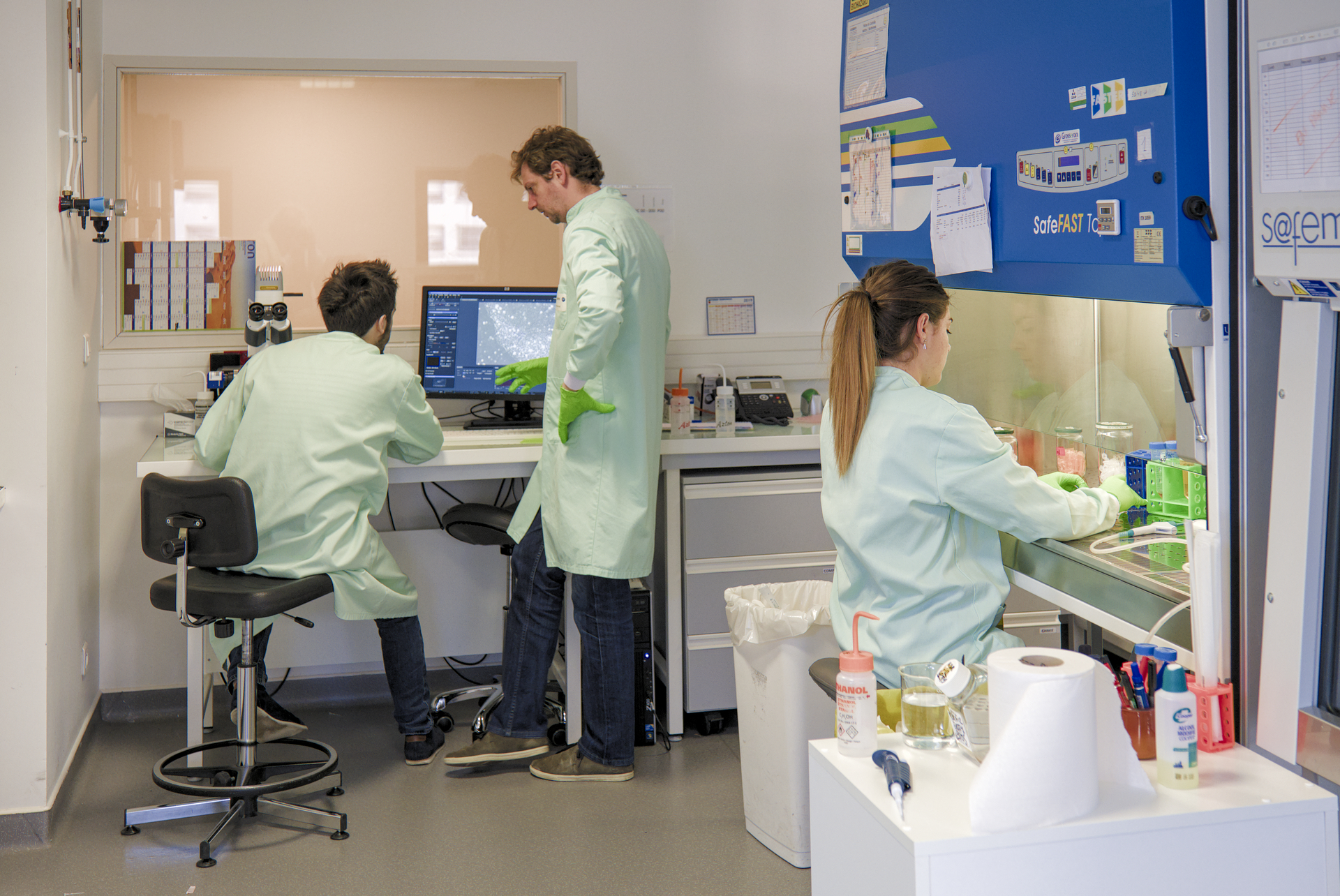
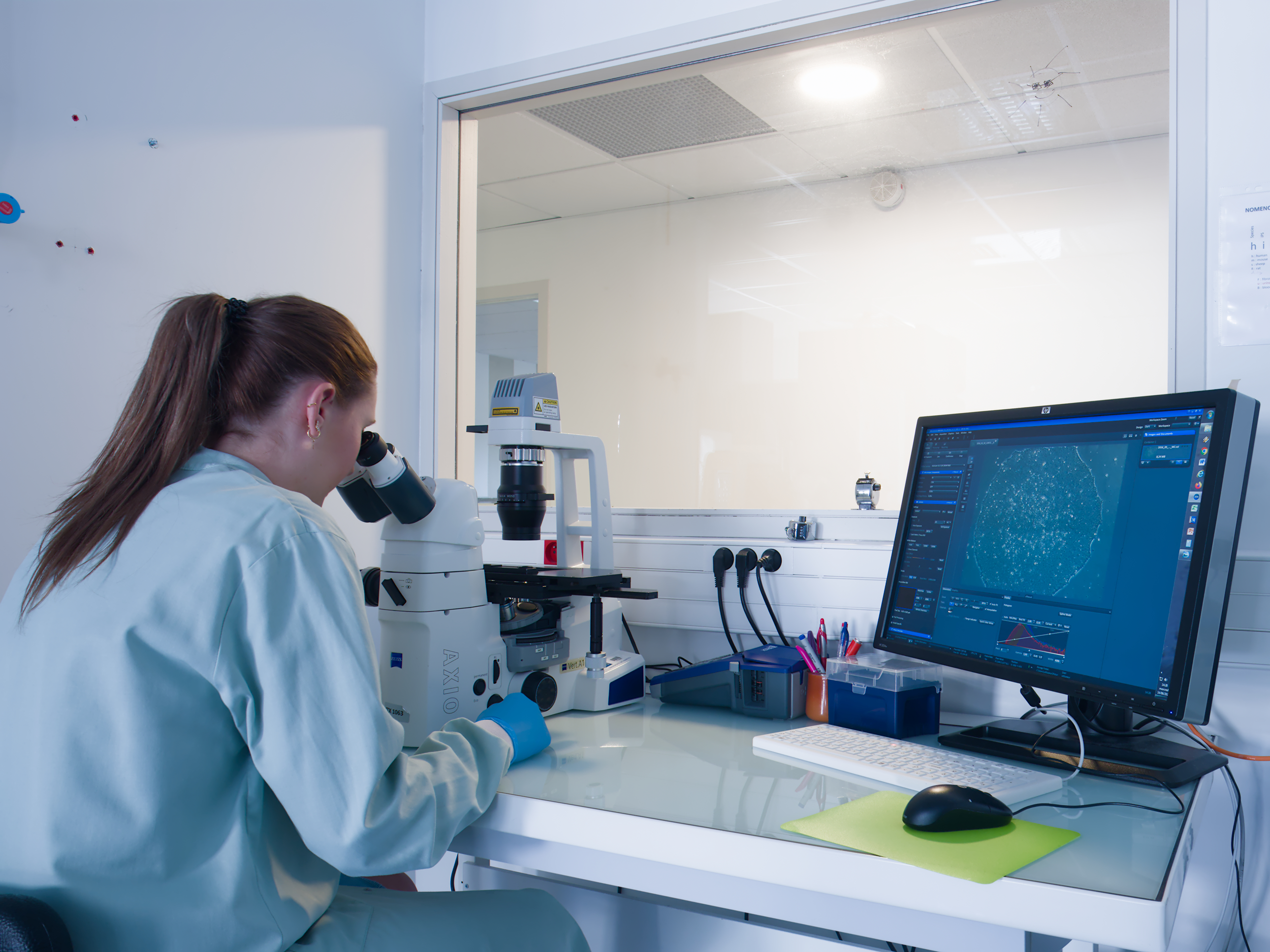
- Culture of primary cells
The platform can purify, amplify, freeze and bank primary cells and iPS stem cells (humans, rats, mice, ...).
The platform can also help to study the effect of a product or process on human monocytes-derived cells culture (dendritic cells, macrophages).
- Reprogramming
The core facility has already reprogrammed more than 100 lines. We master reprogramming of somatic cells. Reprogramming is performed by overexpressing four transcription factors into somatic cells. Induced pluripotent stem cells are then banked and validated.
- Differentiation
The core facility can assist users for the implementation of several differentiation protocols (spontaneous differentiation, directed differentiation). Differentiation allows pluripotent stem cells to evolve towards a specialized cell (heart cell, liver cell, ...) and primary cells like monocytes towards macrophages or dendritic cells.
- Training
The core facility offers training for all the technique that we master, on demand. Do not hesitate to contact us for tailored training.
- Transfer to the clinic
This activity is managed in collaboration with the Cell Therapy Unit based at the Nantes hospital and mainly consists in studying and validating the use of GMP products.
Examples of achievements
We have generated more than 100 iPSC lines. Here are some publications :
Equipments
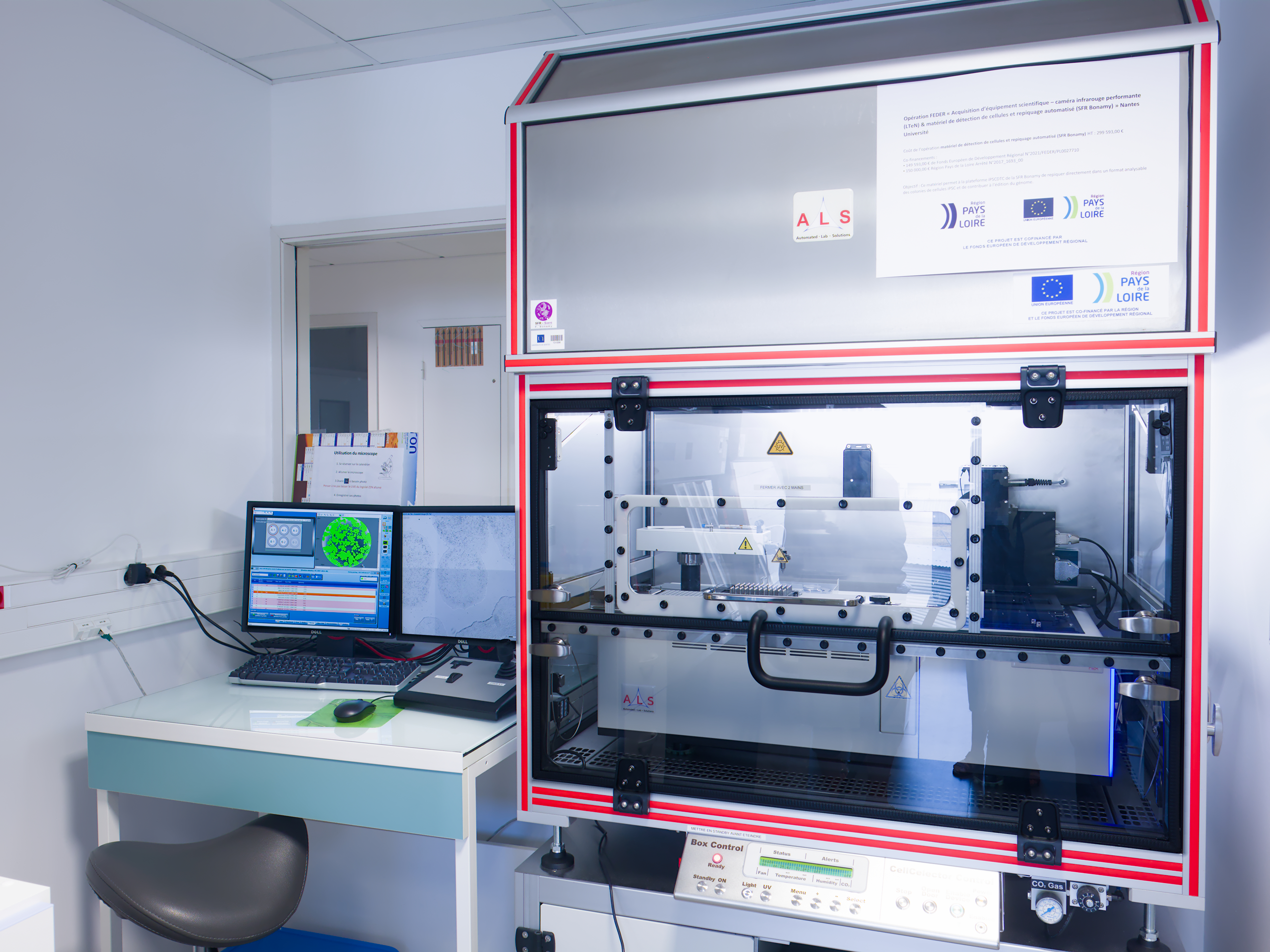
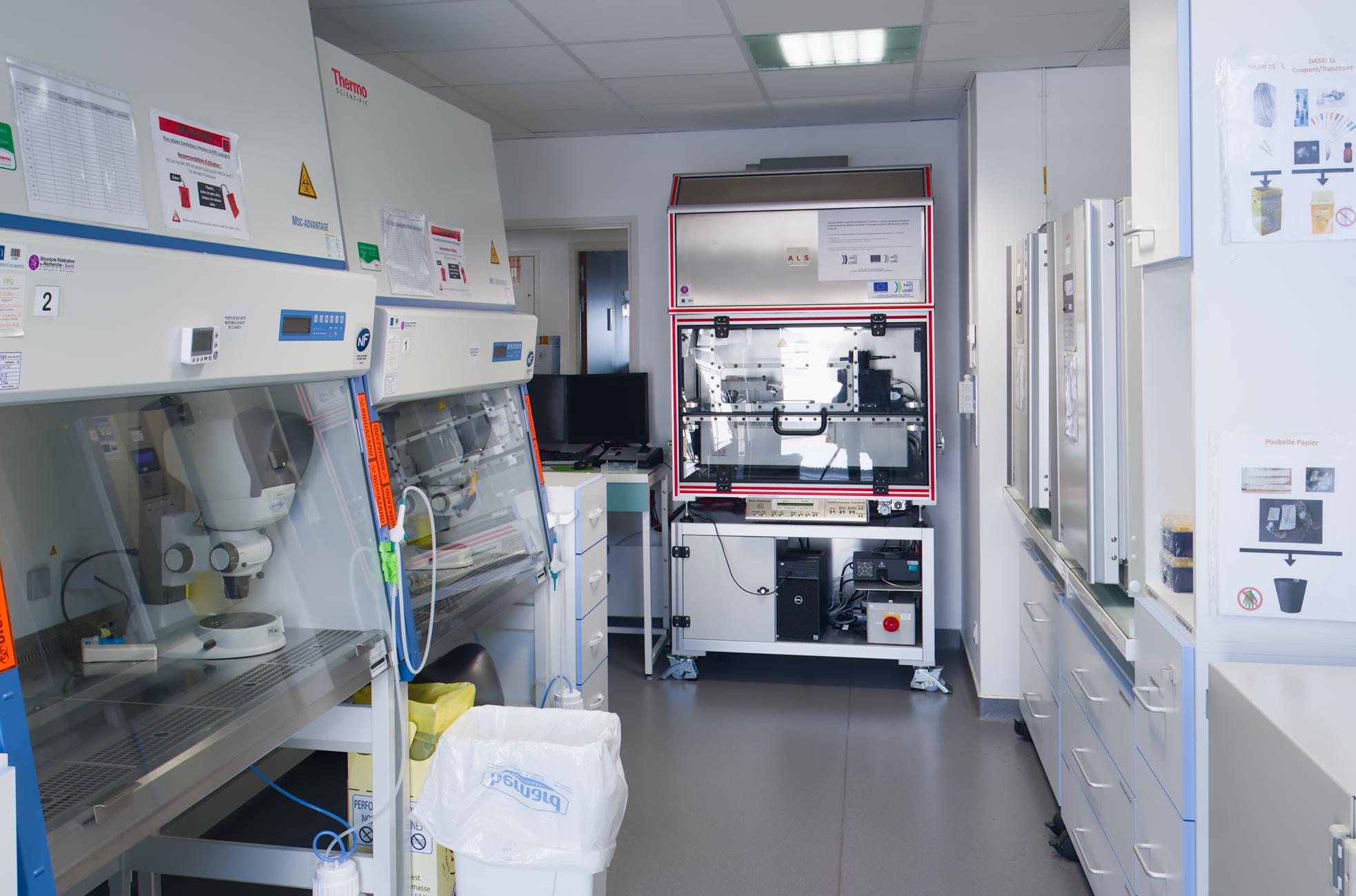
- State of the art tissue culture laboratory :
- qualified and dedicated equipment
- standard operation procedures
- Specific equipments :
- 9 biosafety cabinets
- 8 incubators (2 incubators equiped for hypoxia)
- -150°C and -80°C freezers
- 2 inverted research microscope
- 3 stereomicroscope
Applications
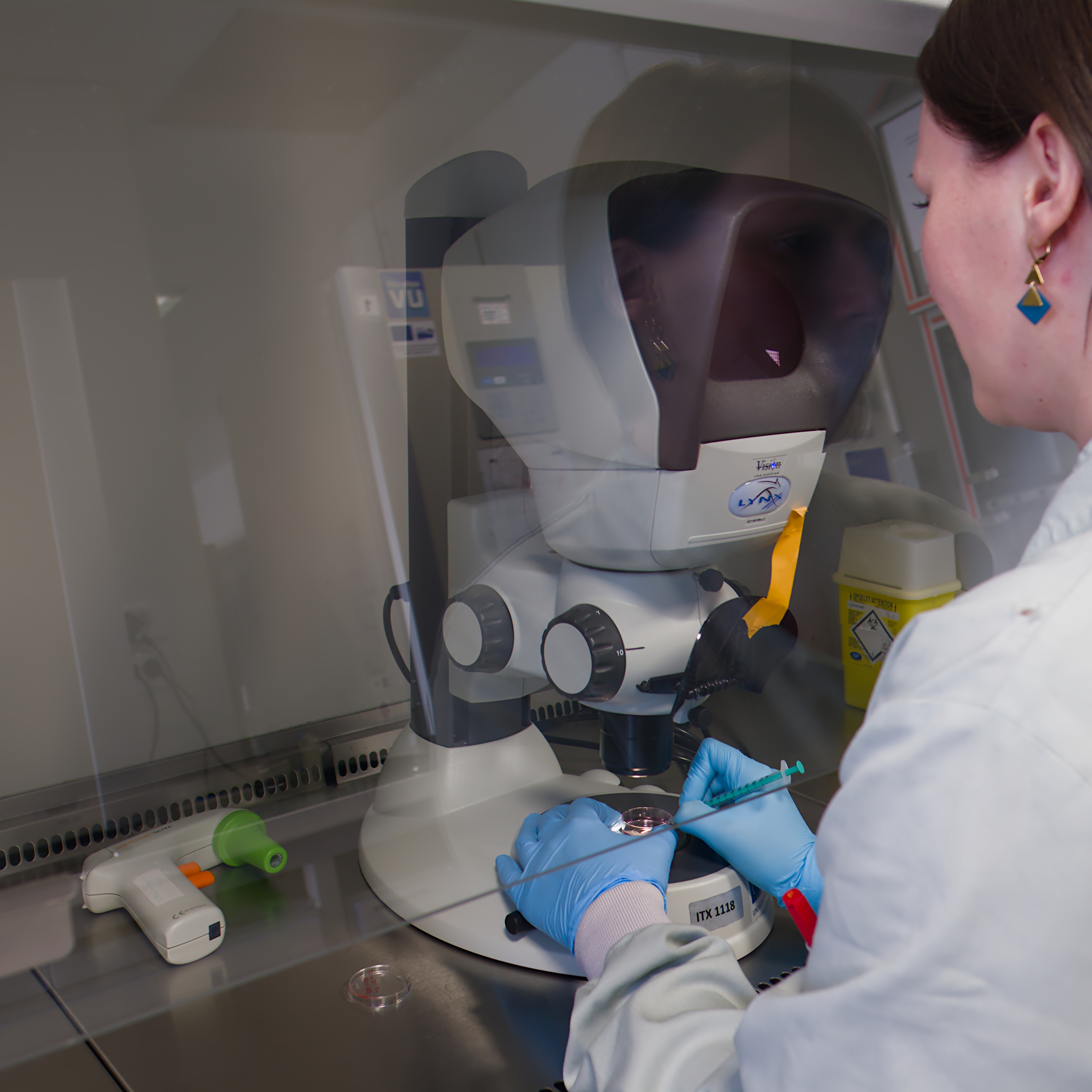
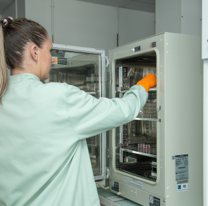
Researchers then have an unlimited source of cells to study the mechanisms of pathology, edit the genome of patient cells, test therapeutic molecules or even assess the toxicity of a product.
The differentiation step is guided in vitro by specific cocktails of growth factors. Protocols are available for many cell types, such as cardiomyocytes, neurons, hepatocytes, blood cells.
Photo credit : Université de Nantes
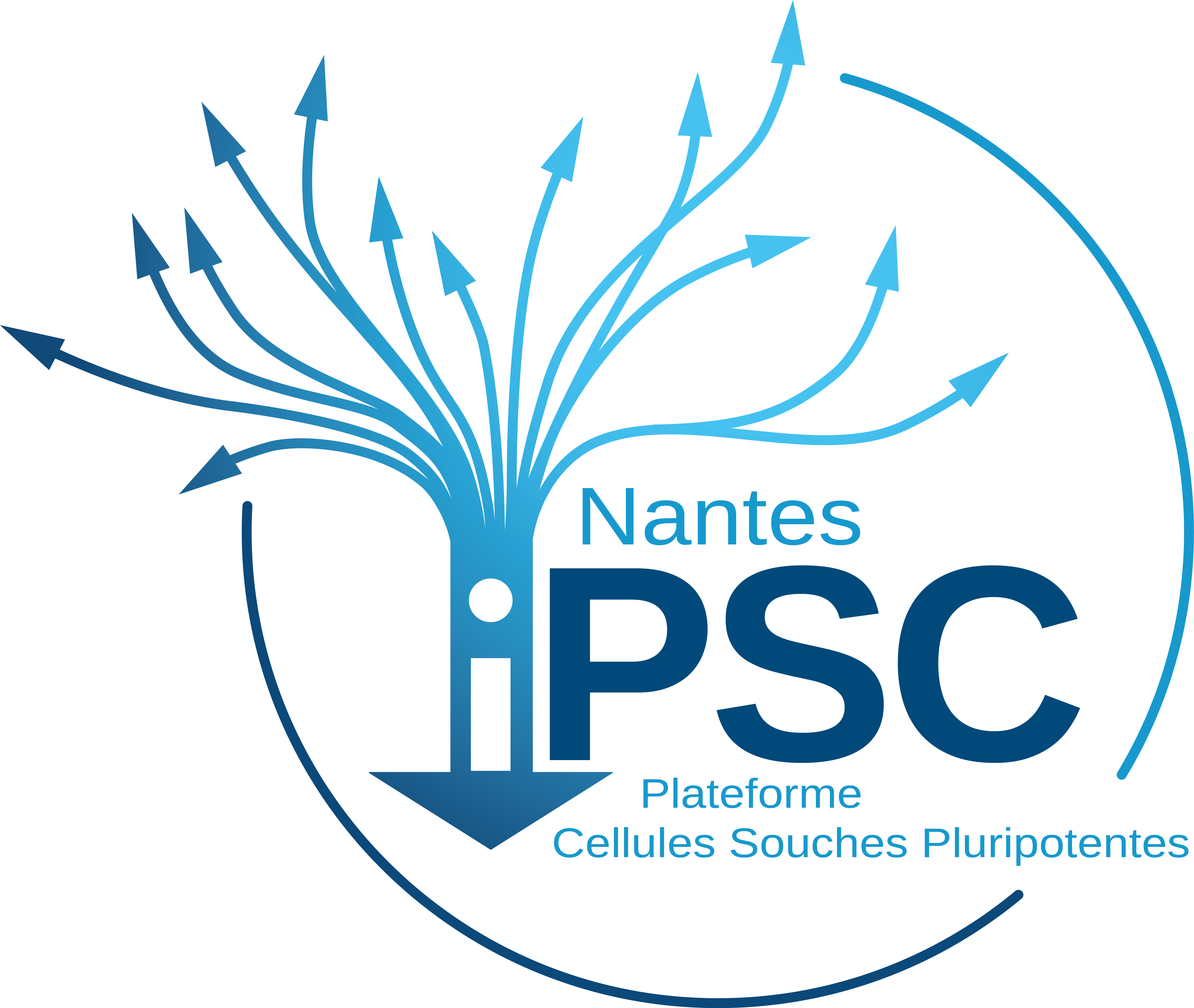
crédit : Jérémy Ségard
How to contact us
Team
Laurent David, director 
Sarah Tessier, research engineer
Caroline Chariau, assistant engineer
Isabelle Leray, assistant engineer
Elsa Lemaitre, assistant engineer

Sarah Tessier, research engineer
Caroline Chariau, assistant engineer
Isabelle Leray, assistant engineer
Elsa Lemaitre, assistant engineer
More information
Labels and certifications
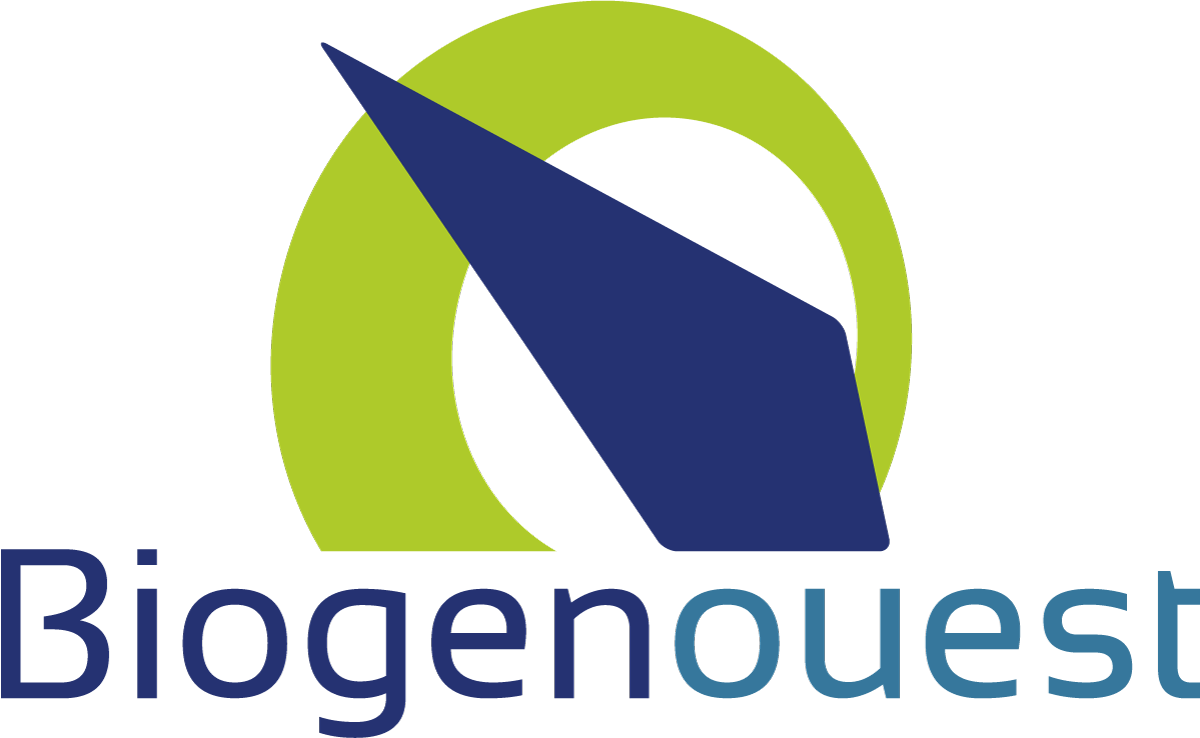

Updated on 13 June 2024.


